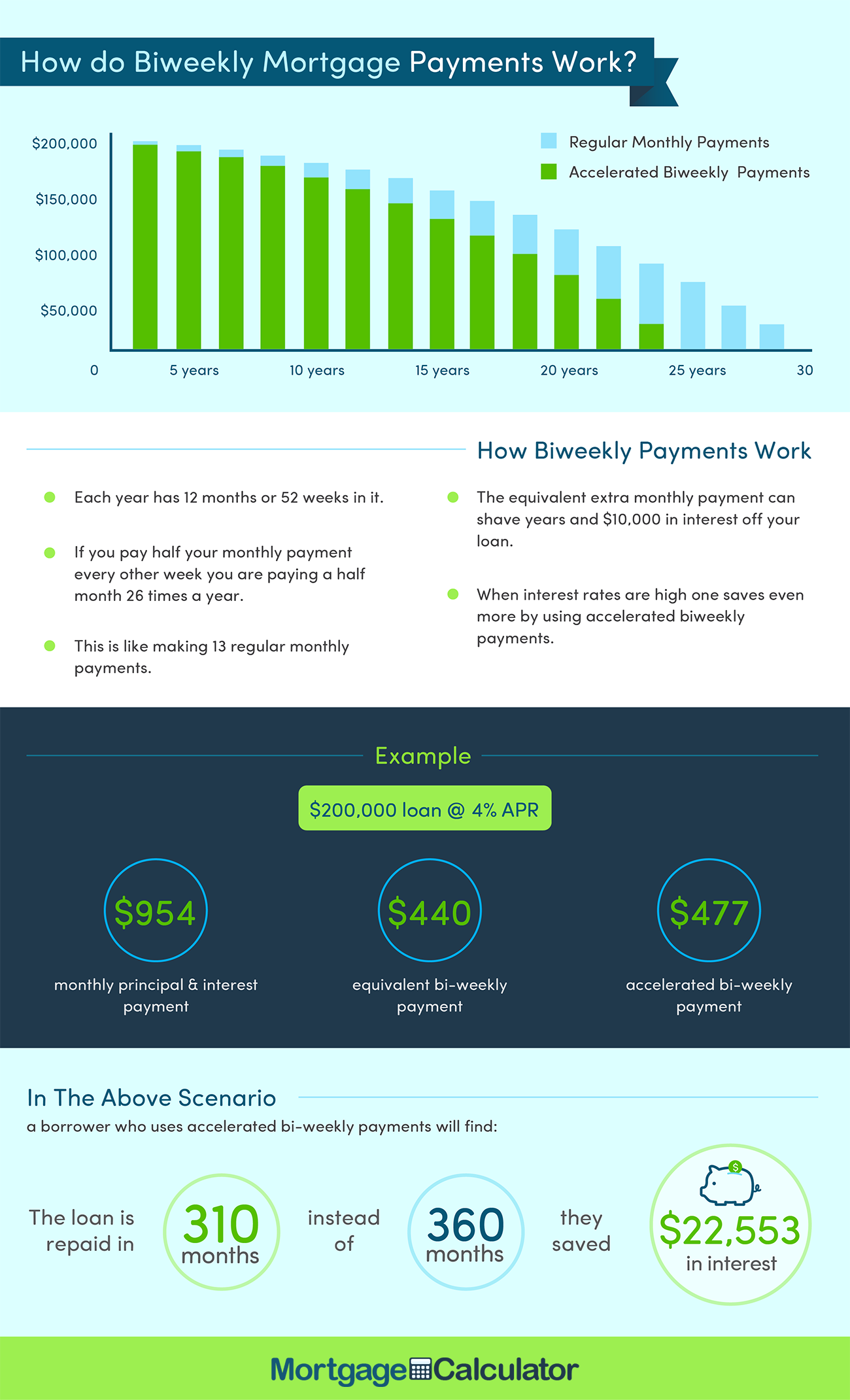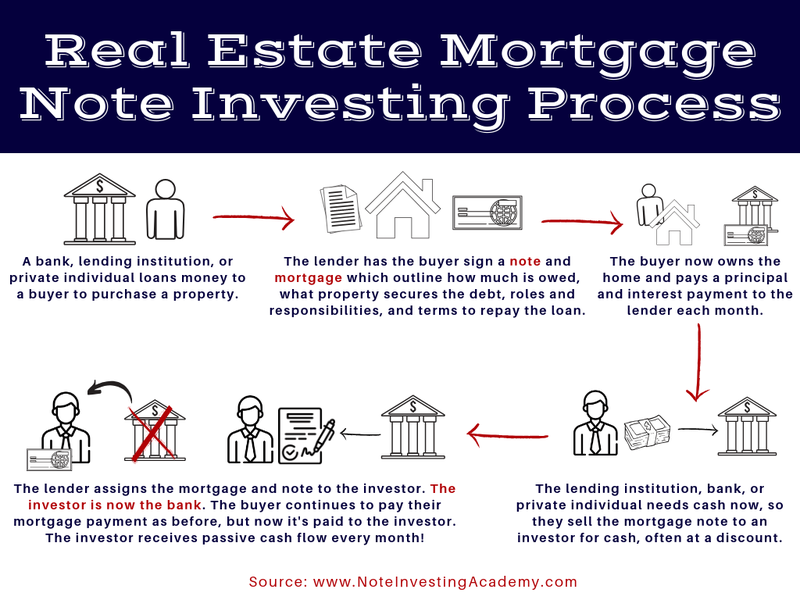A home mortgage is a financial obligation instrument, secured by the collateral of defined real estate home, that the borrower is obliged to pay back with a predetermined set of payments. Home loans are likewise called "liens versus home" or "claims on home." With a fixed-rate home mortgage, the debtor pays the same rates of interest for the life of the loan.

People and companies use home loans to make big property purchases without paying the entire purchase rate in advance. Over several years, the borrower pays back the loan, plus interest, till she or he owns the property totally free and clear. Home loans are also called "liens versus property" or "claims on residential or commercial property." If the borrower stops paying the home loan, the loan provider can foreclose.
In a residential home mortgage, a homebuyer pledges their home to the bank or other kind of loan provider, which has a claim on the house ought to the property buyer default on paying the home mortgage. In the case of a foreclosure, the lender may force out the home's occupants and offer the home, utilizing the earnings from the sale to clear the home mortgage financial obligation.
The most popular mortgages are a 30-year set and a 15-year repaired. Some mortgages can be as short as five years; some can be 40 years or longer. Stretching payments over more years reduces the monthly payment but increases the amount of interest to pay. With a fixed-rate mortgage, the debtor pays the exact same rate of interest for the life of the loan.

If market interest rates rise, the debtor's payment does not alter. If interest rates drop considerably, the customer may have the ability to secure that lower rate by re-financing the mortgage. A fixed-rate home mortgage is likewise called a "conventional" home loan. With an variable-rate mortgage (ARM), the interest rate is repaired for an initial term then varies with market rates of interest.
If interest rates increase later on, the customer might not have the ability to manage the higher monthly payments. Rate of interest could also reduce, making an ARM more economical. In either case, the regular monthly payments are unforeseeable after the initial term. Home mortgages are utilized by people and services to make big realty purchases without paying the whole purchase rate in advance.
The Facts About How Does Payment With Mortgages Work Uncovered
Lots of homeowners entered monetary problem with these kinds of home loans throughout the real estate bubble of the early 2000s. The majority of home mortgages used to purchase a home are forward home loans. A reverse home mortgage is for property owners 62 or older who aim to transform part of the equity in their Click to find out more homes into money.
The entire loan balance becomes due and payable when the debtor passes away, moves away permanently, or offers the house. Amongst significant banks using home loan are Wells Fargo, JPMorgan Chase, and Bank of America. Banks utilized to be virtually the only source of home mortgages (how do assumable mortgages work). Today a blossoming share of the loan provider market includes non-banks such as Quicken Loans, loanDepot, SoFi, Calber Home Loans, and United Wholesale Home Loan.
These tools can likewise help compute the total expense of interest over the life of the mortgage, to offer you a clearer idea of what a residential or commercial property will really cost. how do fixed rate mortgages work. The home mortgage servicer might likewise establish an escrow account, aka an impound account, to pay certain property-related costs. The cash that goes into the account comes from a part of the regular monthly home loan payment.
Consumer Financial Protection Bureau - how do fannie mae mortgages work. Home loans, maybe more than any other loans, included a lot of variables, starting with what must be repaid and when. Homebuyers need to work with a home loan specialist to get the finest deal on what might be among the greatest investments of their lives.
When you buy a home, you may hear a little market lingo you're not knowledgeable about. We have actually created an easy-to-understand directory of the most typical home mortgage terms. Part of each monthly mortgage payment will approach paying interest to your loan provider, while another part approaches paying down your loan balance (also referred to as your loan's principal).
Throughout the earlier years, a greater portion of your payment approaches interest. As time goes on, more of your payment goes towards paying for the balance of your loan. The deposit is the cash you pay in advance to purchase a home. For the most part, you need to put cash to get a home mortgage.
What Does How Do Negative Interest Rate Mortgages Work Mean?
For instance, standard loans need just 3% down, but you'll have to pay a monthly fee (referred to as personal home mortgage insurance) to make up for the little deposit. On the other hand, if you put 20% down, you 'd likely get a much better interest rate, and you wouldn't have to pay for private home loan insurance coverage.
Part of owning a home is paying for real estate tax and house owners insurance coverage. To make it easy for you, lenders established an escrow account to pay these costs. Your escrow account is managed by your lender and works sort of like a bank account. No one earns interest on the funds held there, however the account is utilized to gather cash so your lender can send payments for your taxes and insurance coverage on your behalf.
Not all mortgages feature an escrow account. If your loan doesn't have one, you have to pay your property taxes and property owners insurance coverage costs yourself. However, many loan providers offer this option because it enables them to make sure the home tax and insurance coverage costs earn money. If your down payment is less than 20%, an escrow account is needed.
Remember that the amount of cash you require in your escrow account is dependent on how much your insurance coverage and home taxes are each year. And because these expenses might alter year to year, your escrow payment will change, too. That means your regular monthly home mortgage payment may increase or reduce.
There are two kinds of mortgage rates of interest: fixed rates and adjustable rates. Fixed rates of interest stay the exact same for the entire length of your home loan. If you have a 30-year fixed-rate loan with a 4% rate of interest, you'll pay 4% interest till you settle or refinance your loan.
Adjustable rates are interest rates that alter based upon the marketplace. A lot of adjustable rate mortgages begin with a set rates of interest duration, which generally lasts 5, 7 or ten years. During this time, your rates of interest remains the very same. After your fixed rates of interest period ends, your interest rate adjusts up or down as soon as each year, according to the market.
The smart Trick of How Do Second Mortgages Work That Nobody is Talking About
ARMs are best for some debtors. If you prepare to move or re-finance prior to the end of your fixed-rate duration, an adjustable rate mortgage can provide you access to lower rate of interest than you http://angelowmdt287.theburnward.com/see-this-report-about-how-do-construction-mortgages-work 'd usually discover with a fixed-rate loan. The loan servicer is the company that's in charge of providing monthly mortgage declarations, processing payments, handling your escrow account and reacting to your questions.
Lenders might offer the servicing rights of your loan and you might not get to select who services your loan. There are many types of home mortgage loans. Each includes different requirements, interest rates and advantages. Here are some of the most common types you may hear about when you're using for a home loan.